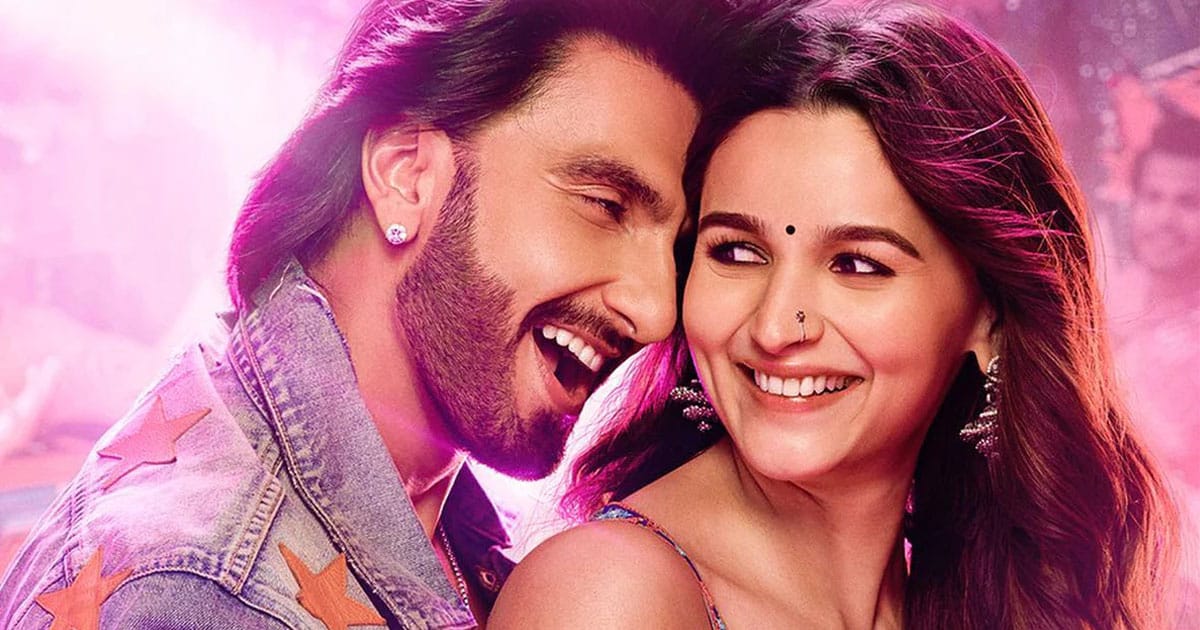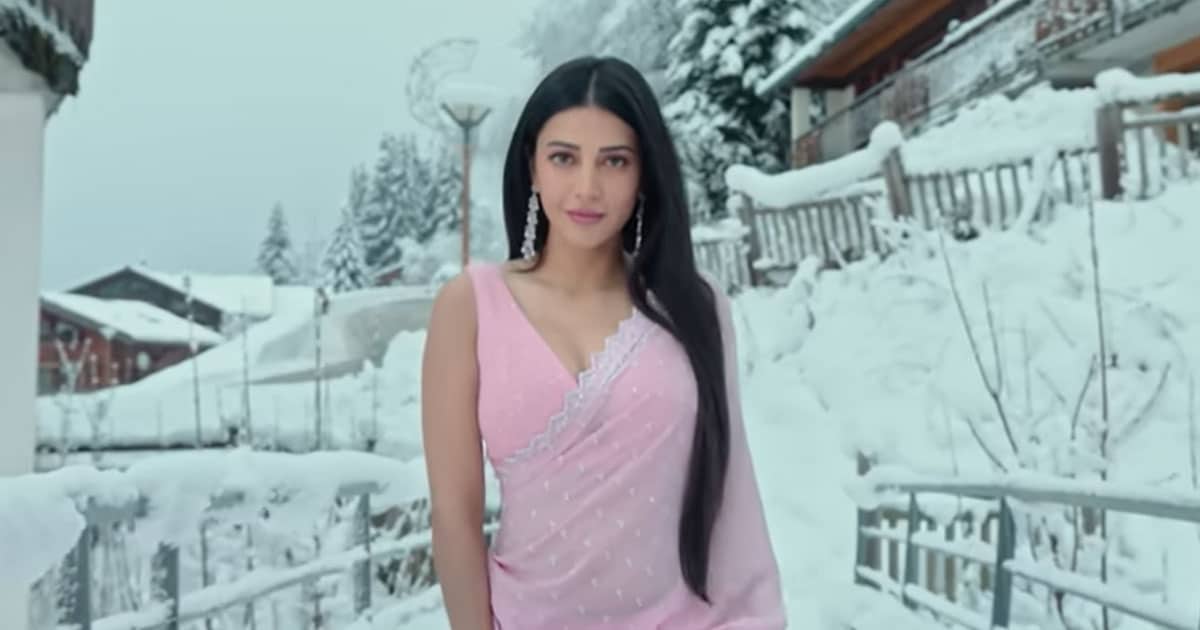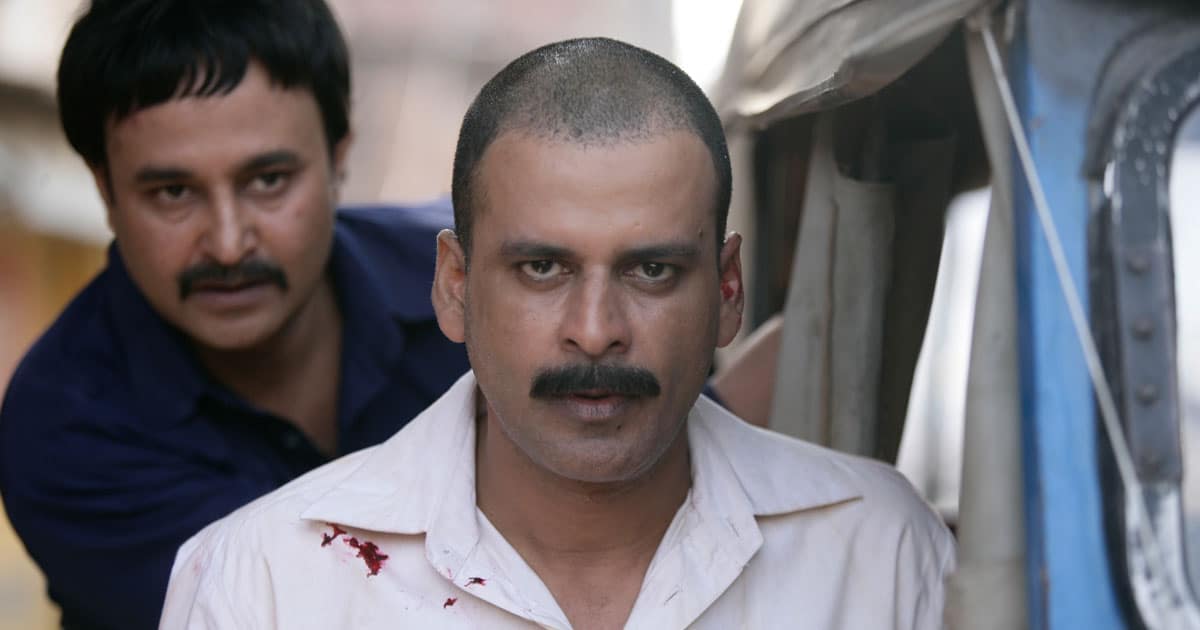Karan Johar’s latest venture, Rocky Aur Rani Ki Prem Kahaani, attempts to address the prevailing cancel culture in our society and its impact on relationships, particularly marriages. While I appreciate the filmmaker’s endeavor to broach such important topics, I couldn’t help but feel that the execution fell short of creating a cohesive and engaging narrative.
Rocky Aur Rani opens with the promise of a grand and heartfelt family drama, but gradually, it devolves into a preachy lesson on social issues. At its core, the film is a love story between two opposites, Rocky and Rani, played by the talented Ranveer and Alia. However, their romance often takes a backseat to the film’s overemphasis on addressing many social problems. The initial charm of the love story is lost amidst the ticking boxes of misogyny, casual racism, fat shaming, and other societal biases.

The film introduces us to a newsroom setting, which provides an interesting backdrop. However, I couldn’t help but notice the missed opportunity in not showcasing Rani (Alia), a character who works in the newsroom, chasing stories or engaging with books to highlight the importance of journalism and knowledge in combating stereotypes and prejudices. This oversight reinforces the sense that the film’s focus shifted away from a well-rounded narrative and instead leaned heavily into delivering its social message.
Rocky Aur Rani‘s plot was very simple and somewhat reflects what we saw in 2 States and Vicky Donor.
The film explores the struggle of two older characters, Rocky’s grandfather, Dharamendra, and Rani’s grandmother, Shabana Aazmi, who could not embrace their love due to societal conditioning and remained trapped in loveless marriages. The new-age couple seeks inspiration from their past to challenge cultural prejudices and unite their families. This theme could have been more impactful if it had been seamlessly woven into the narrative.
The initial half of Rocky Aur Rani feels like a labored rom-com, desperately trying to entertain but struggling to find its voice. It’s only in the second half that the film manages to strike a chord with its audience, presenting a compelling message of unity in diversity and the importance of accepting each other’s imperfections.
The film’s soundtrack is pivotal in setting the mood and ambiance. However, including old melodies for nostalgia, such as Abhi Naa Jaao Chodhkar and Aaj phir jeene ki tamanna hai, adds a distinct flavor to the Rocky Aur Rani narrative. I could feel the connection of these familiar tracks with the audience.
The second half of Rocky Aur Rani breathed new life into the narrative, infusing much-needed depth and substance into the love story of Rocky and Rani. As they venture into each other’s homes, the film cleverly embeds its message within humorous and touching moments. The writing takes on an inspired form, showcasing the characters’ growth as they challenge their ingrained beliefs and biases. Scenes like Rocky performing Kathak with Rani’s father and going lingerie shopping with his prospective mother-in-law deliver powerful statements on breaking gender norms, even if presented with a touch of vulnerability.
Throughout the second half, the talented cast elevates the film with their performances. Shabana Azmi adds gravitas to the proceedings, seamlessly blending heartwarming moments with her natural charm. Jaya and Aamir Bashir, despite an initial struggle, embrace their half-baked villainous role with depth and conviction. Tota Roy Chowdhury and Churnee Ganguly contribute to the film’s fresh atmosphere, adding depth to their characters’ arcs. Together, the Rocky Aur Rani cast delivers an engaging and entertaining experience, complementing the film’s evolving narrative.
Karan Johar employs the time-tested device of high-pitched melodrama and preachy narratives on breaking stereotypes, and it serves the story well. The film allows Rocky’s transformation from an entitled brat to a respectful partner. Rani’s family, refreshing evolution, realizing that beneath Rocky’s cocky demeanor lies a genuinely compassionate individual. The candid moment when Rocky questions the need for constant political correctness and Rani’s grandmother shares her own experiences with a similar character as Rocky’s grandmother provides a poignant reflection on societal expectations.
All said and done, Karan Johar’s love affair with costumes, high voltage, and magnum opus drama is inevitable, and Rocky Aur Rani is no exception.
Picture this: A grand wedding set created solely for the end credits, showcasing opulent dresses and breathtaking aesthetics. Similarly, the lavish funeral sequence, with everyone donning pristine white and designer chicken kurtas, resembled a high-fashion show. While the visuals were undeniably captivating, I couldn’t shake the feeling that these extravagant spectacles overshadowed the potential for more intense and emotionally charged scenes between the characters, which would have given viewers a chance to reflect on their actions and attitudes. While the film had its moments of humor and heart, a more nuanced approach to resolving the conflicts would have added a layer of realism and resonance to the overall storytelling.
Rocky Aur Rani is a light family entertainer sparkled with the magic of retro tracks, which I would like to give 3 out of 5 stars.



